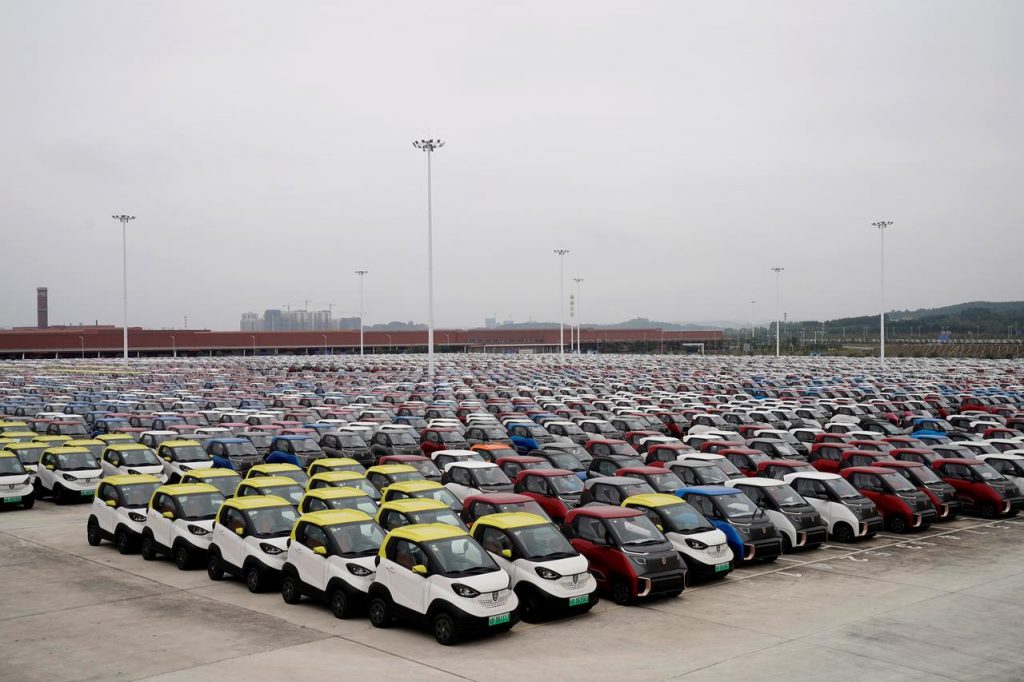ELECTRIC VEHICLE TARGETS UNDER REVIEW – SMMT warns of devastating impacts on business viability and jobs
Tensions are escalating between the government and the car industry over electric vehicle (EV) sales targets, which manufacturers argue exceed current consumer demand.
The government announced on Tuesday that it would review the targets but remains committed to phasing out new petrol and diesel car sales by 2030.
On the same day, Stellantis, the parent company of Vauxhall, revealed plans to close its Ellesmere Port plant, putting 1,100 jobs at risk. The decision was partly attributed to the transition away from petrol and diesel vehicles.
The Society of Motor Manufacturers and Traders (SMMT) urged the government to act swiftly to protect the sector, warning that weak demand for EVs and strict sales quotas could have “devastating impacts on business viability and jobs.”
Business Secretary Jonathan Reynolds acknowledged the concerns, confirming that a consultation on the zero-emission vehicle mandate would take place. Addressing industry leaders, he said: “We understand the seriousness and urgency of the situation.”
Currently, car manufacturers are required to ensure a specific percentage of their sales are zero-emission vehicles. In 2024, EVs must account for 22% of car sales and 10% of van sales, with a £15,000 fine imposed for each non-compliant sale.
These targets are set to increase to 28% for cars and 16% for vans by 2025, with the goal of reaching 80% for cars by 2030.



